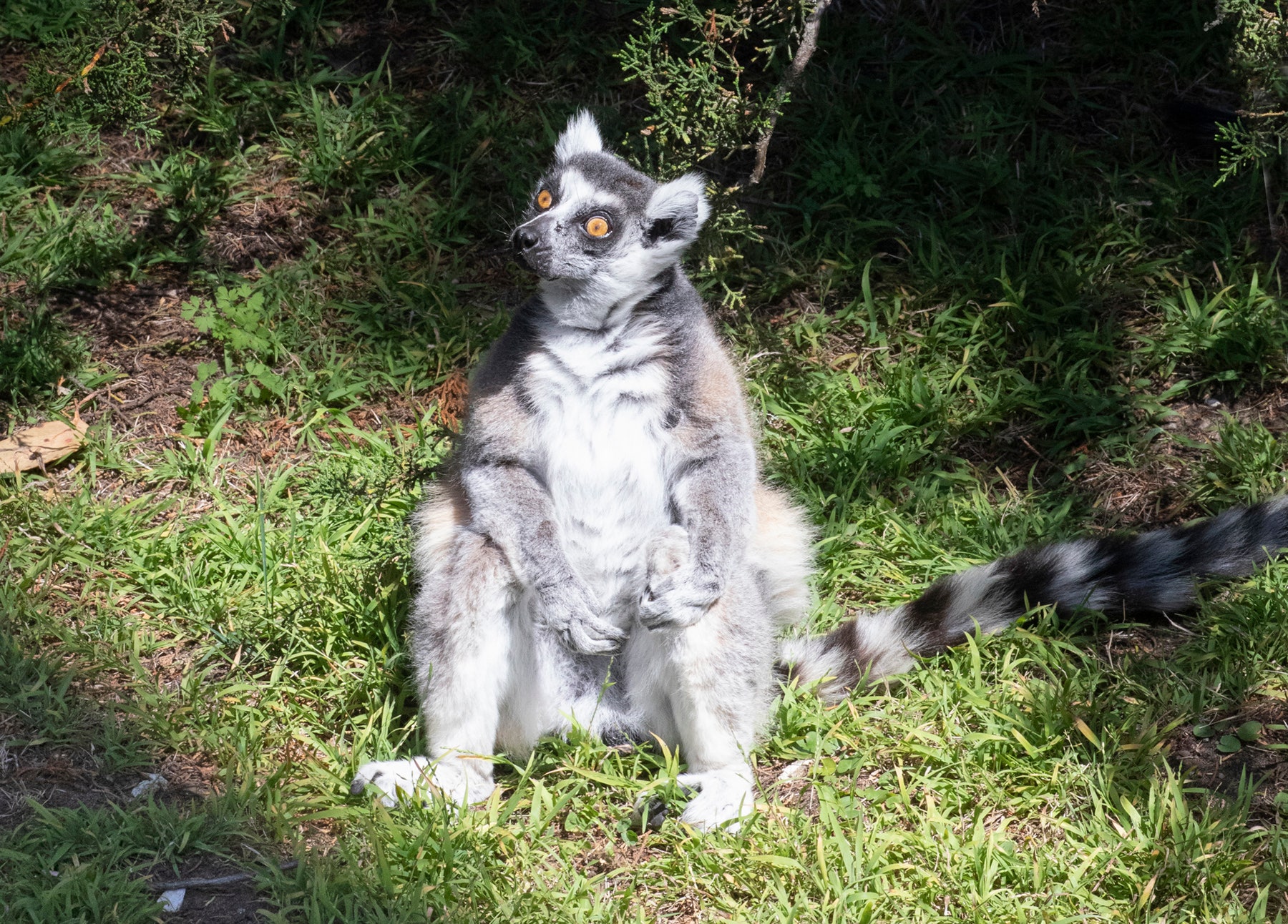Circa Resort & Casino opens in Las Vegas amid COVID-19 pandemic

CEO Derek Stevens discusses the opening process, safety guidelines on ‘Your World.'
via FOX NEWS https://ift.tt/2JgOJvs

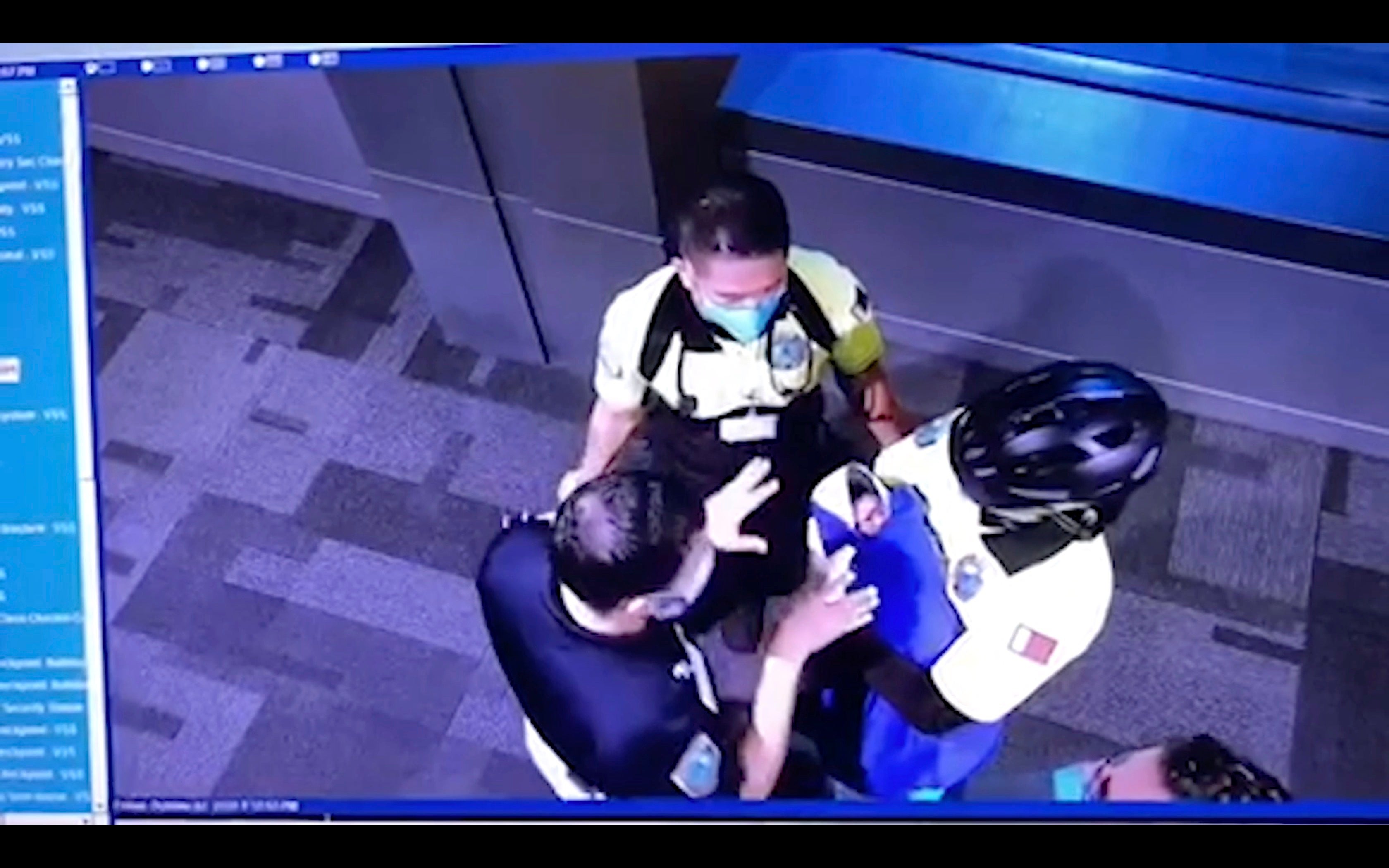
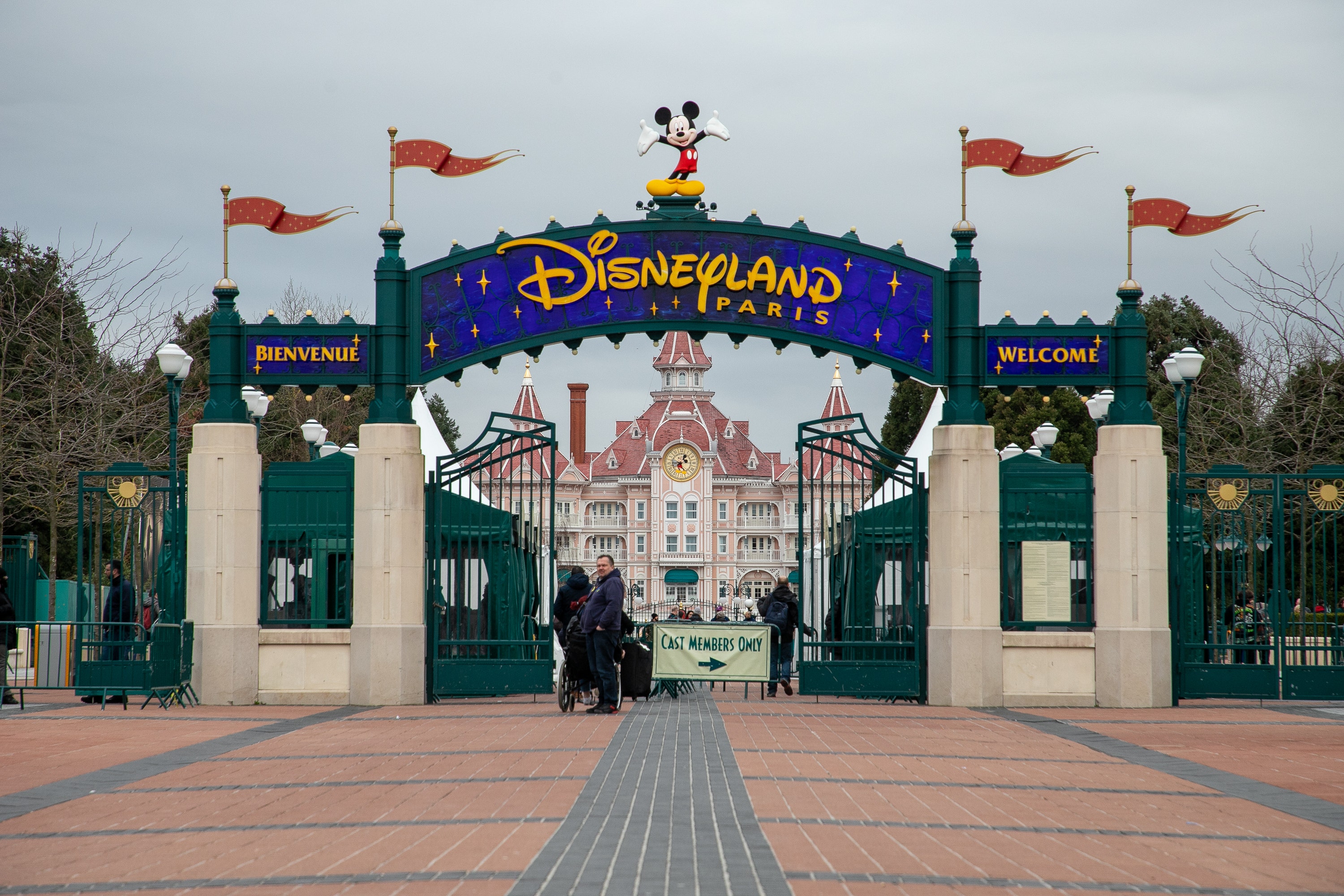


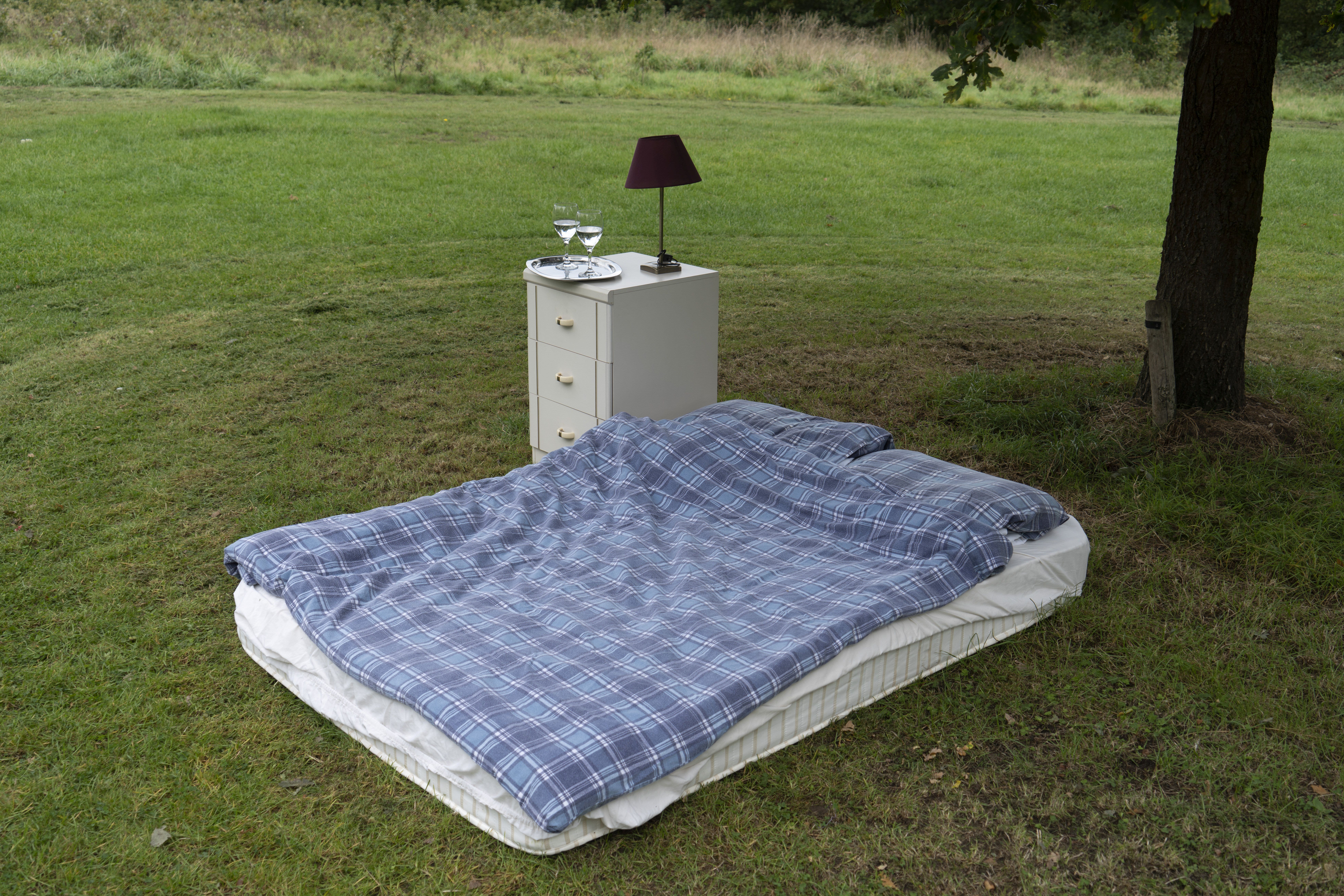

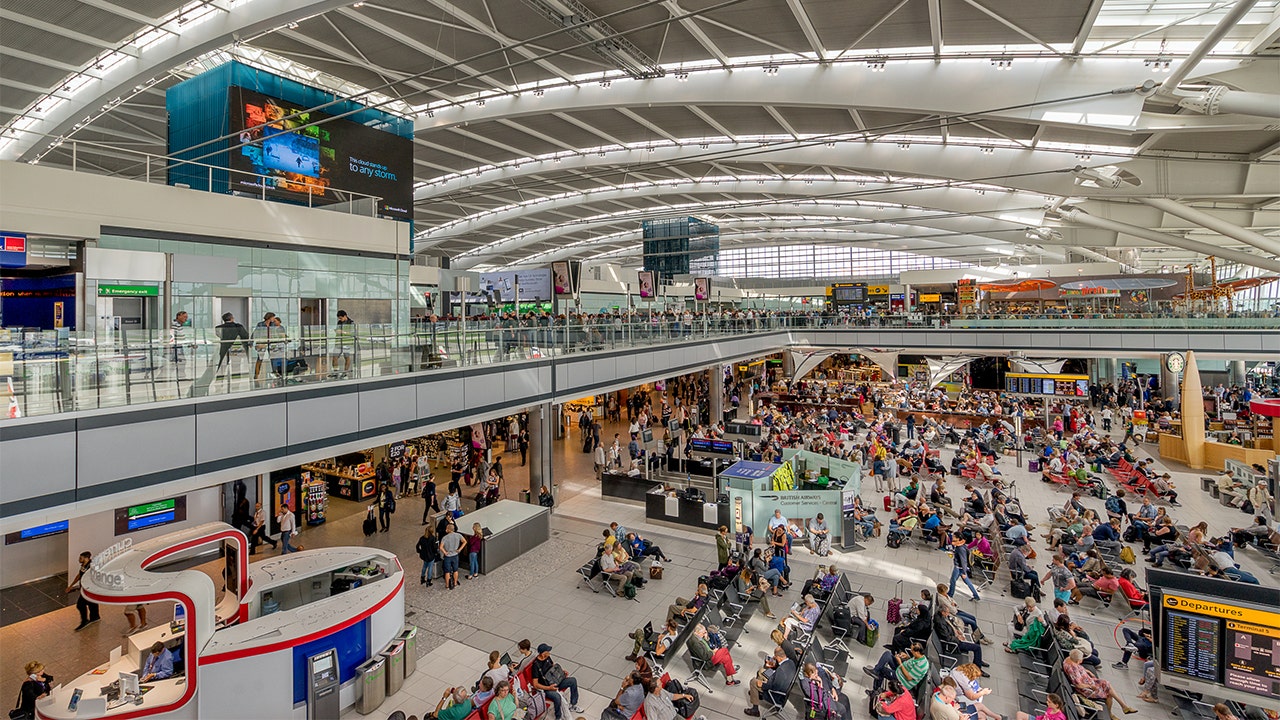
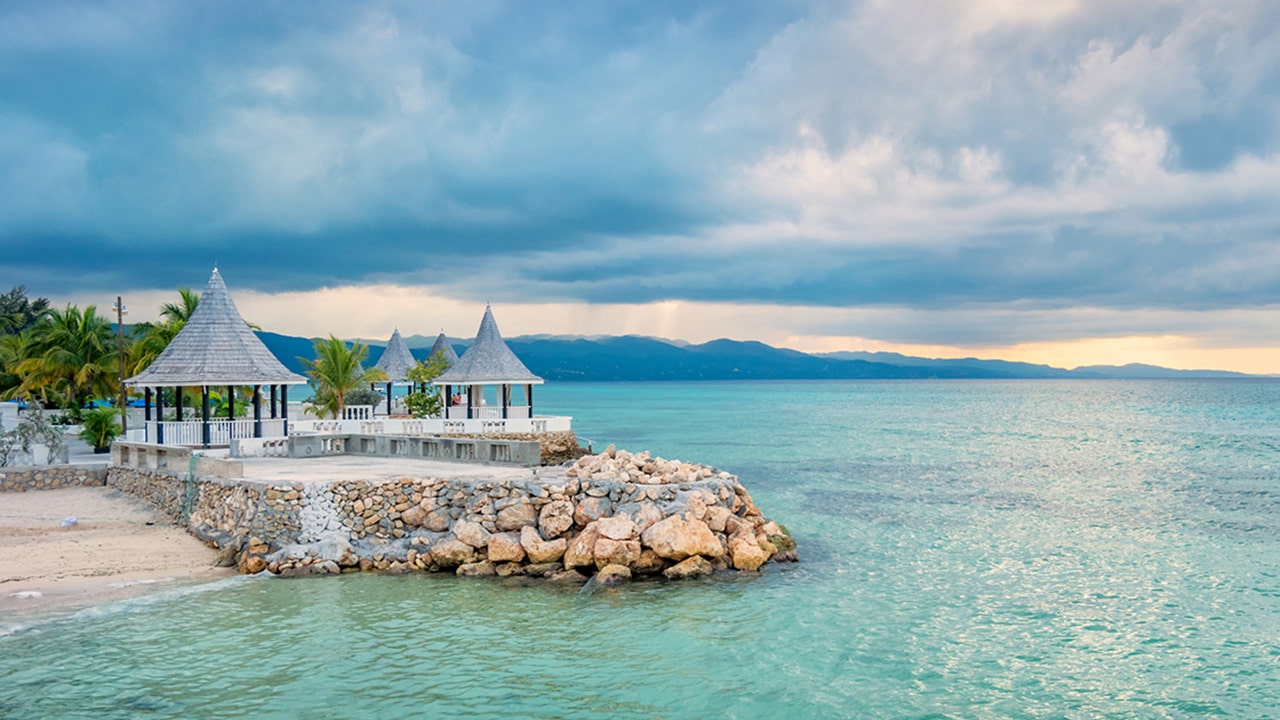


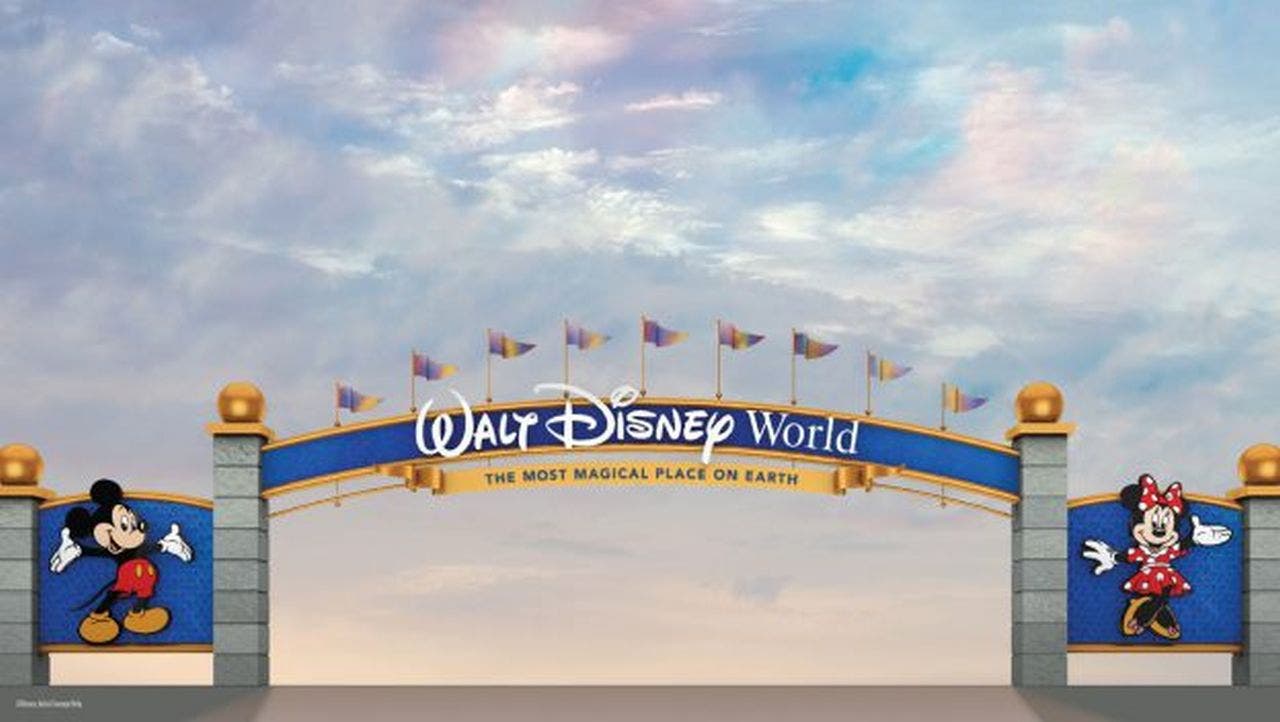

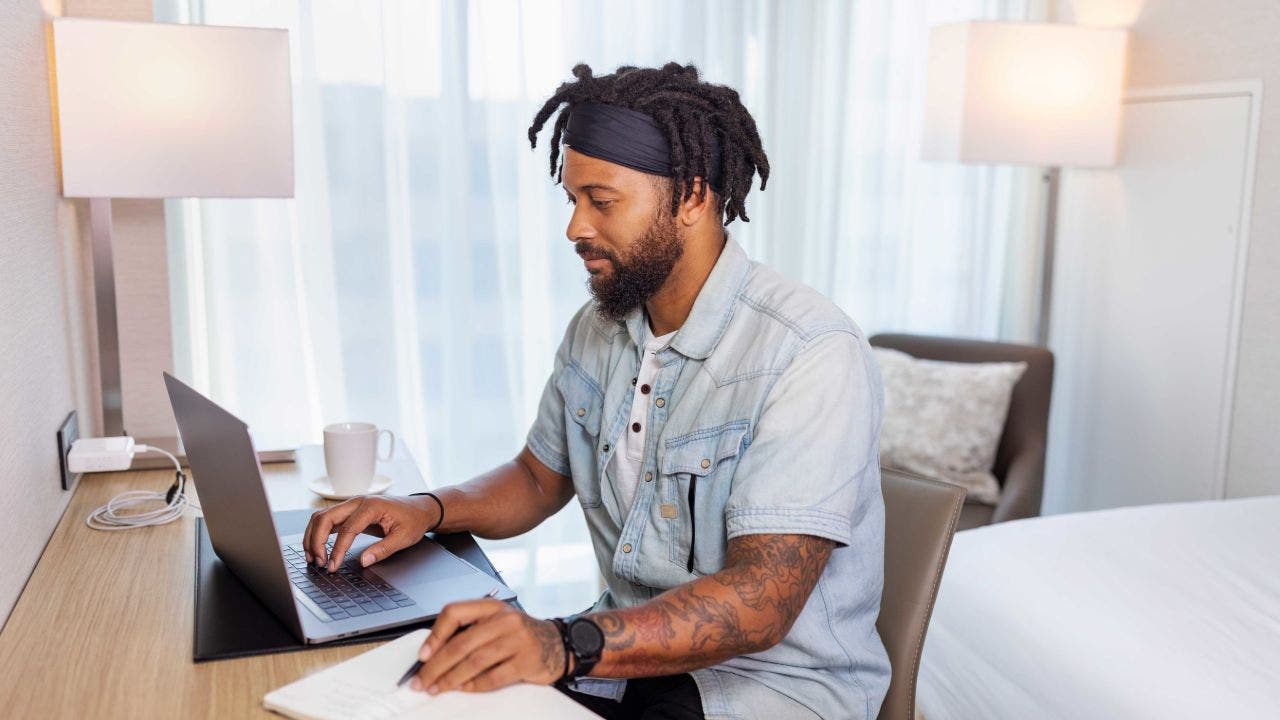



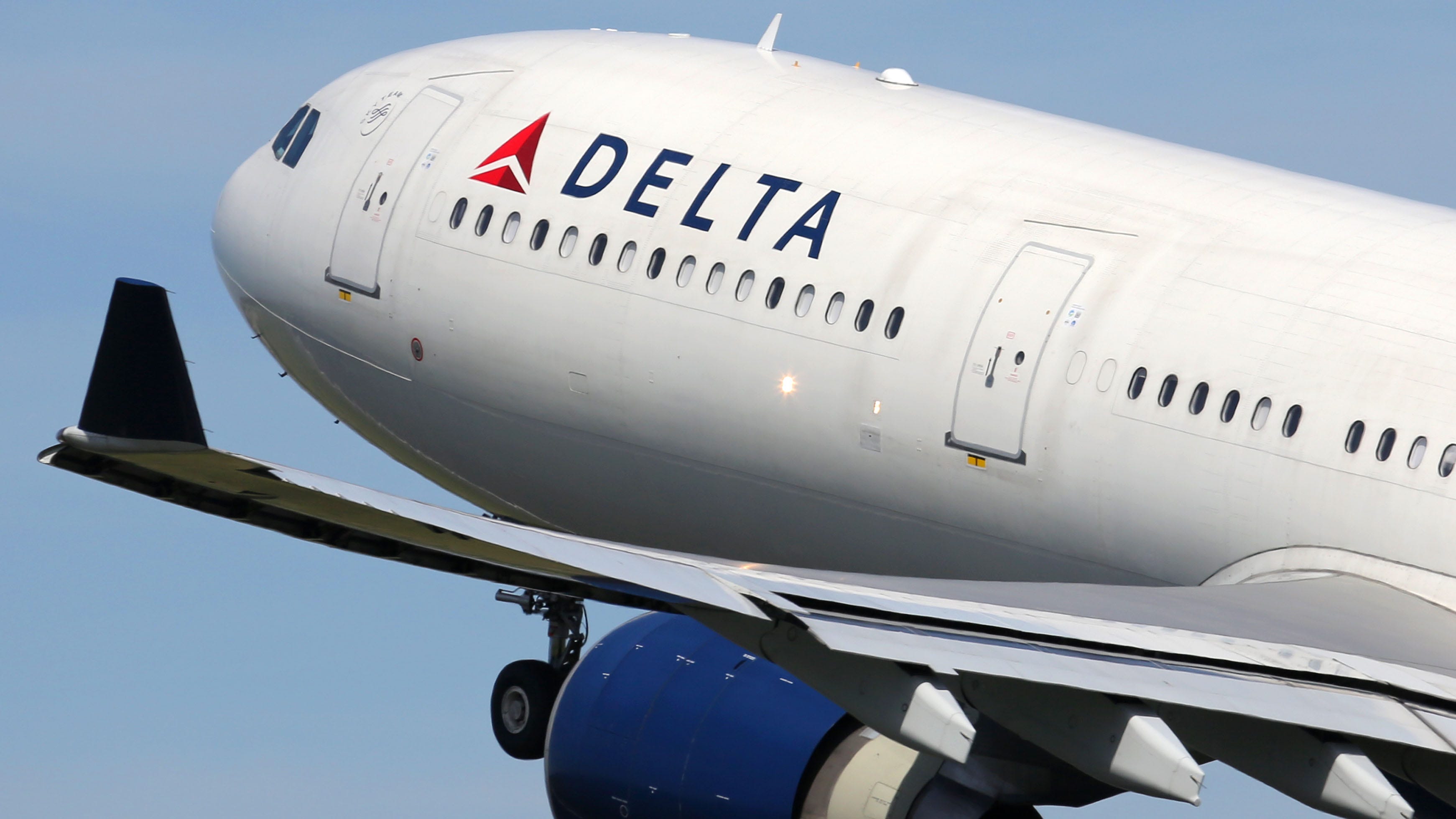



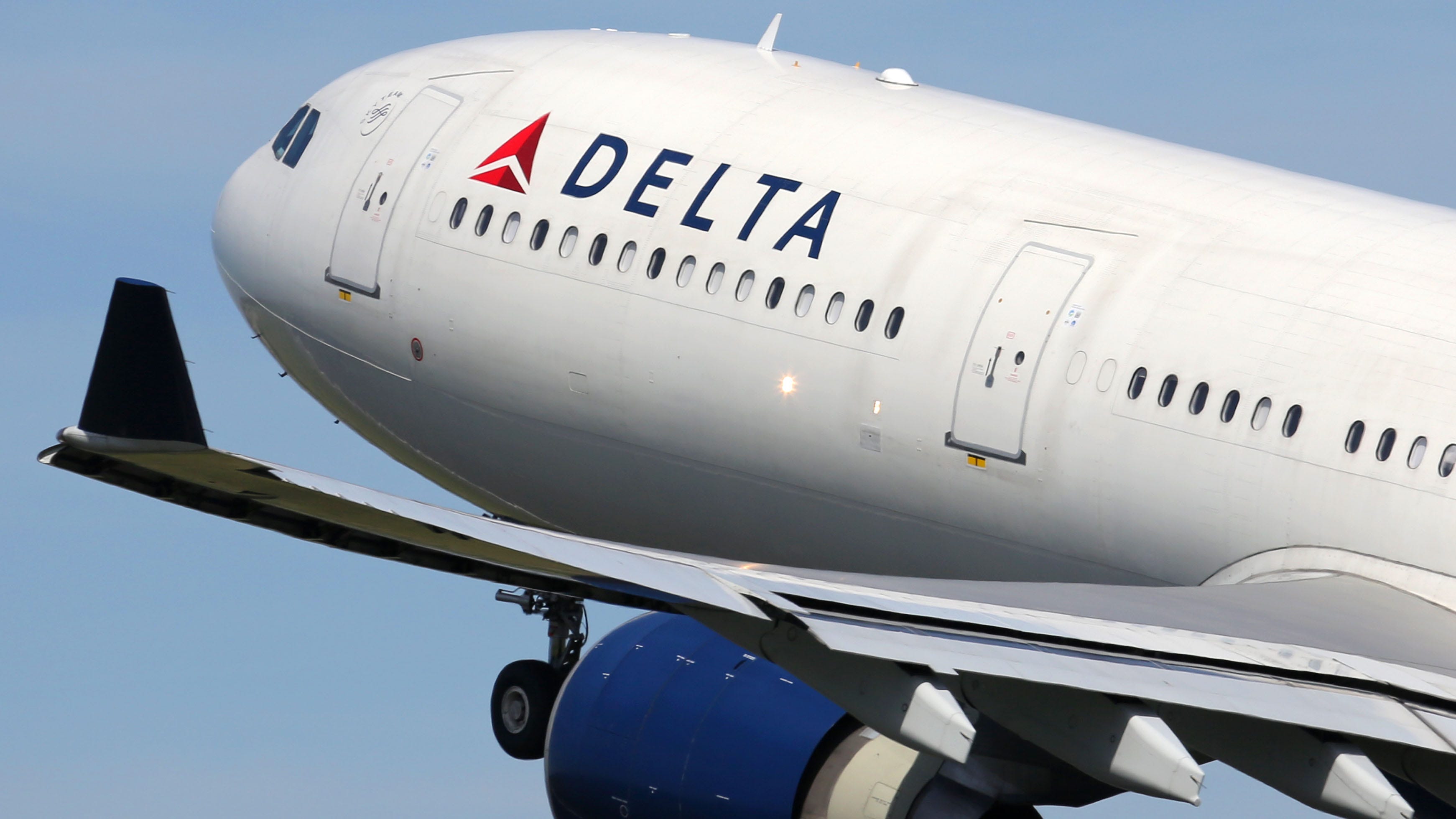


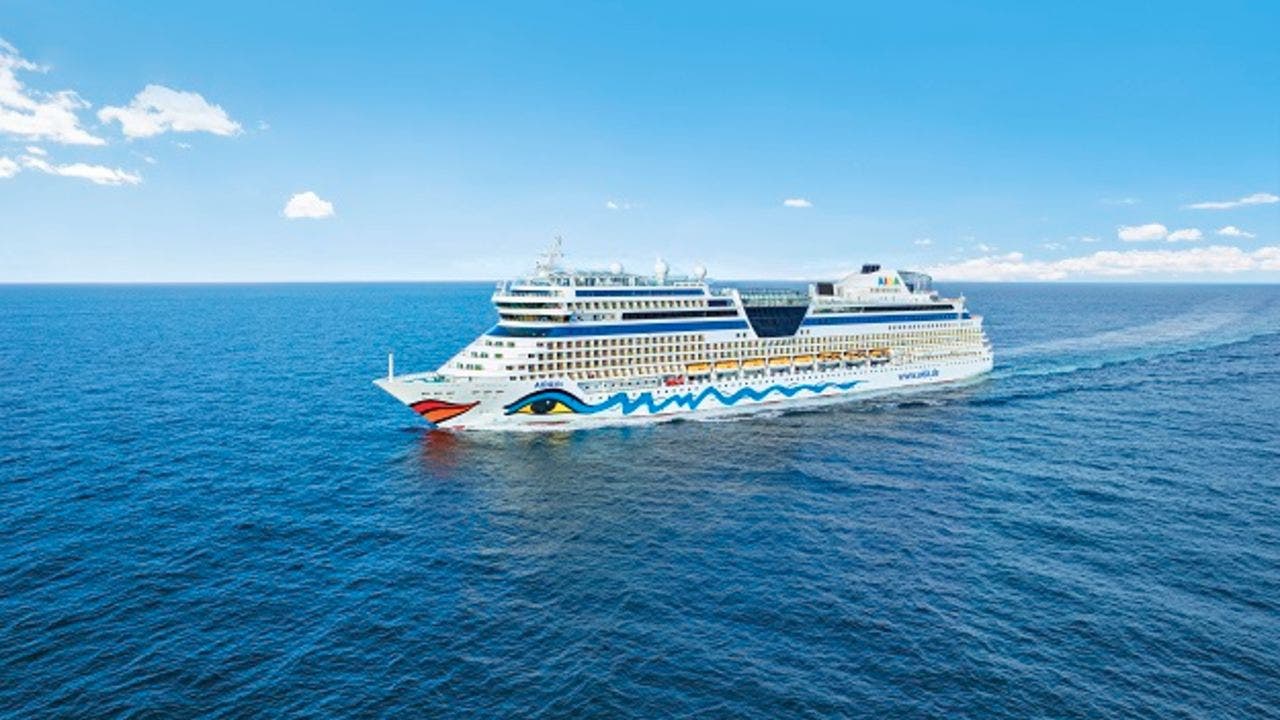


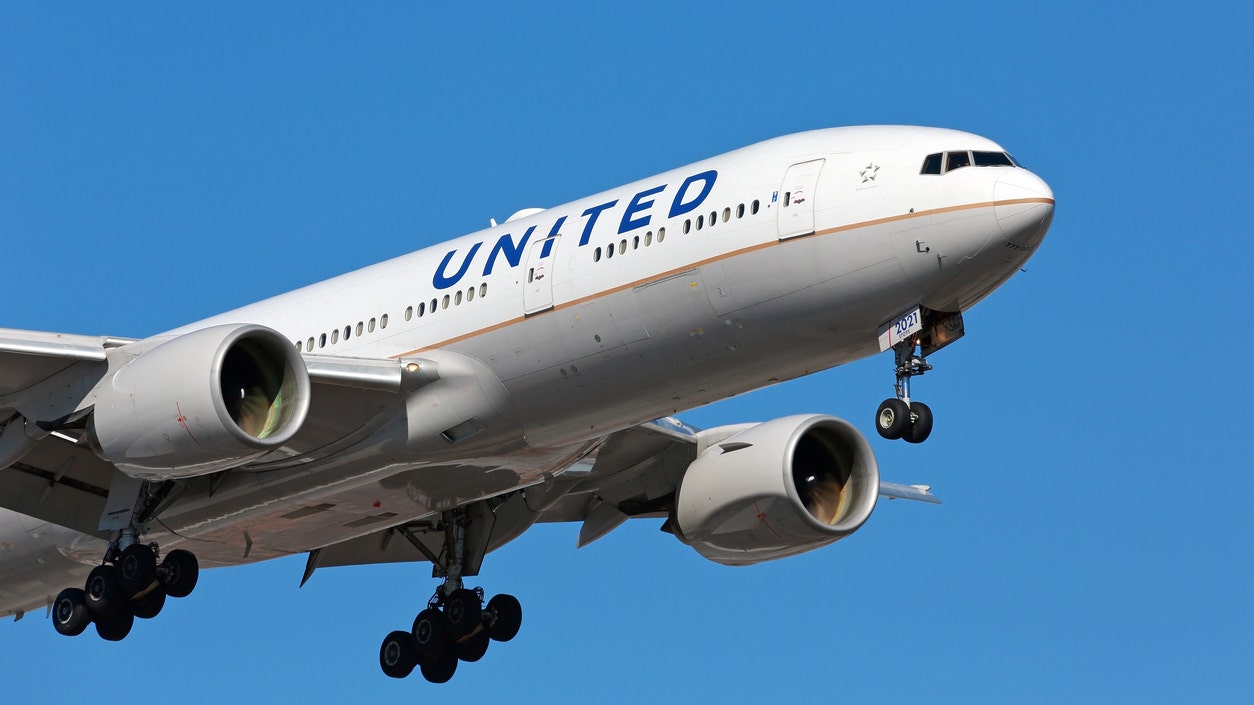



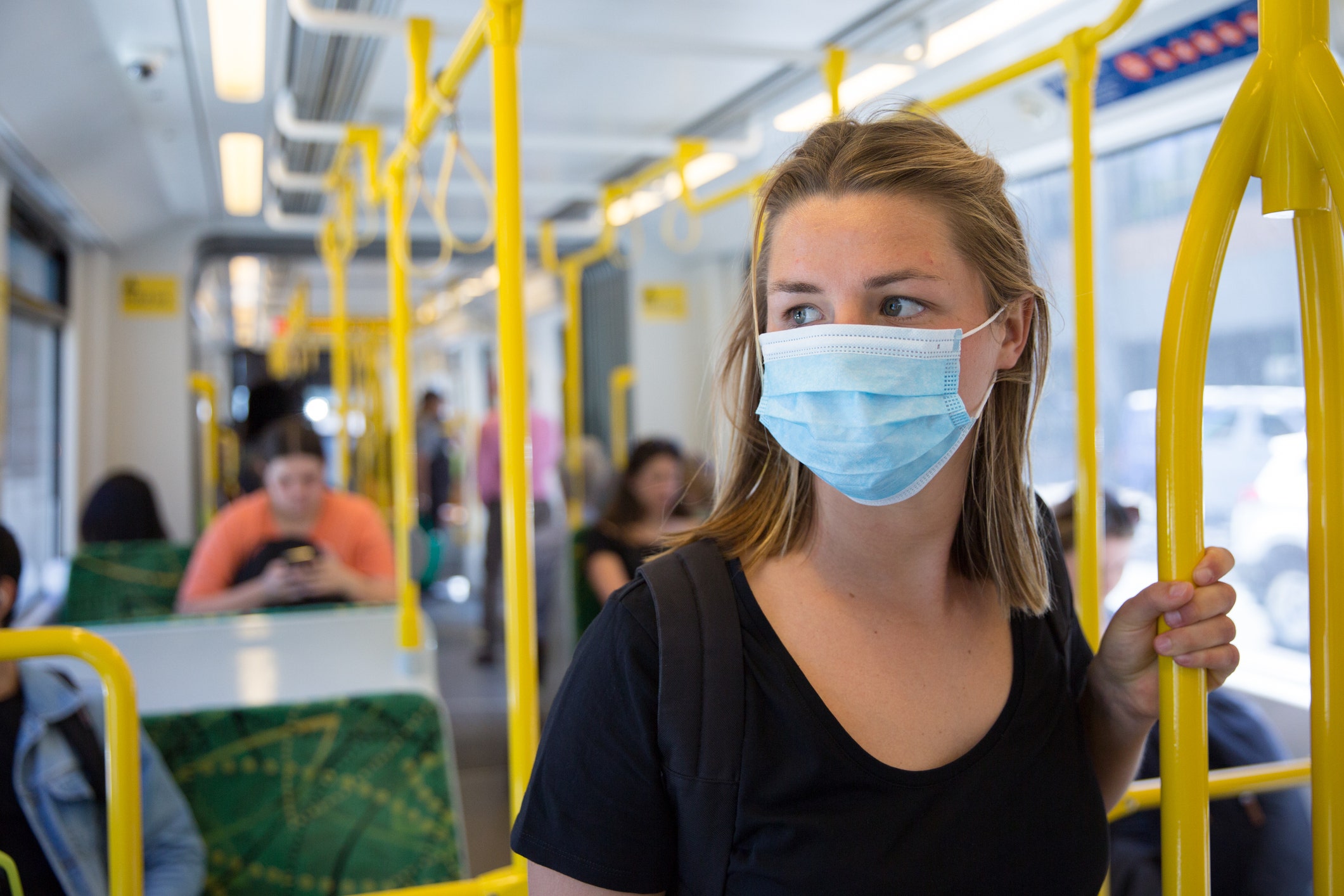


(BEIJING) — China’s economic growth accelerated to 4.9% over a year earlier in the latest quarter as a shaky recovery from the coronavirus pandemic gathered strength.
Figures announced Monday for the three months ending in September were in line with expectations after the ruling Communist Party declared the outbreak under control in March and began reopening factories, shops and offices.
Factory output rose, boosted by foreign demand for Chinese-made masks and other medical supplies. Retail sales, which had lagged behind the manufacturing rebound, finally returned to pre-virus levels.
The economy “continued the steady recovery,” the National Bureau of Statistics said in a report. However, it warned, “the international environment is still complicated and severe.” It said China still faces “great pressure” to prevent a resurgence of the virus.
China, where the pandemic began in December, became the first major economy to return to growth with a 3.2% expansion in the quarter ending in June. Output contracted 6.8% in the first quarter after Beijing shut down the world’s second-largest economy.
Authorities have lifted curbs on travel and business but visitors to government and other public buildings still are checked for the virus’s telltale fever. Travelers arriving from abroad must be quarantined for two weeks.
Last week, more than 10 million people were tested for the virus in the eastern port of Qingdao after 12 cases were found there. That broke a streak of almost two months with no virus transmissions reported within China.
Industrial production rose 5.8% over the same quarter last year, the National Bureau of Statistics reported, a marked improvement over the first half’s 1.3% contraction.
Chinese exporters have benefited from the economy’s relatively early reopening and global demand for masks and other medical supplies. They are taking market share from foreign competitors that still are hampered by anti-virus controls.
Retail sales returned to positive territory in the latest quarter, rising 0.9% over a year earlier.
That was up from a 7.2% contraction in the first two quarters as consumers, already anxious about a slowing economy and a tariff war with Washington, put off buying. In a sign demand is accelerating, sales in September rose 3.3%.
China has reported 4,634 coronavirus deaths and 85,685 confirmed cases, as well as three suspected cases.
Economists say China is likely to recover faster than some other major economies due to the ruling party’s decision to impose the most intensive anti-disease measures in history. Those temporarily cut off most access to cities with a total of 60 million people.
Private sector analysts say as much as 30% of the urban workforce, or as many as 130 million people, may have lost their jobs at least temporarily. They say as many as 25 million jobs might be lost for good this year.
The ruling party promised in May to spend $280 billion on meeting goals including creating 9 million new jobs. But it has avoided joining the United States and Japan in rolling out stimulus packages of $1 trillion or more due to concern about adding to already high Chinese debt.
(Miss this week’s The Leadership Brief? This interview below was delivered to the inbox of Leadership Brief subscribers on Sunday morning, Oct. 18; to receive weekly emails of conversations with the world’s top CEOs and business decisionmakers, click here.)
Many candy lovers (at least this one) aren’t aware that chomping into a Milky Way bar may make one complicit in child-labor law violations and deforestation. The commodities that go into candy and gum—cocoa, mint and palm oil—are produced by some of the most impoverished people in the world, living in some of the world’s most environmentally vulnerable areas. Grant Reid, the CEO of Mars—the 109-year-old, $40 billion privately held pet-care, candy and food behemoth—has embarked on a multiyear effort to make the global food-supply chain more equitable and sustainable. He’s working with NGOs, governments and suppliers around the world to achieve that goal. As a private company with the third, fourth and fifth generations of the founders involved (they are referred to as G3, G4 and G5), Mars is better able to tackle complex, long-term problems than public corporations, which are subject to the brutal fun-house ritual known as quarterly earnings calls with Wall Street analysts.
Reid recently joined TIME for a video conversation about Mars’ diverse portfolio. The company’s pet-food and pet-care business, featuring brands like Pedigree (dog food) and Whiskas (cat food), is performing strongly in the pandemic as furry companions have become as popular as toilet paper; the pet business is now bigger than candy or food sales. He also discussed Mars’ ambitions, including the company’s belief that “everyone working within our extended supply chains should earn sufficient income to maintain a decent standard of living,” and its plan to reduce its carbon footprint by 67% by 2050.
Subscribe to The Leadership Brief by clicking here.
(This interview with Mars CEO Grant Reid has been condensed and edited for clarity.)
Digital is changing everything, so we’ve taken the opportunity to put together a really cool app called Treat Time, which allows you to customize your door, just like a real door at home. People can collect points and then take it to the store and get real candy. We’re using the adversity we face with COVID and trying to bring that feeling of joy to kids and parents.
Nobody really knows. Our role is just to make sure that we have the right products available for the consumers and try and make it as fun and as accessible as possible. We’ll find out in the next few weeks.
We’re pretty confident it will bounce back, but that’s definitely a challenge. If people aren’t popping it for fresh breath because they’re not socializing as much, then there’s bound to be a hit.
Off the top of my head, I’d say probably 15, 20%.
I have no idea. Hopefully he’s using it as a treat like it should be and others are using it as a treat.
Maybe not every morning, but probably every second morning. Joking aside, I’ve been at Mars for 31 years, and I’m here not only because of the job. I’m here because I work for real people who really care about making a difference in society. The second thing, because it’s a private business, we put 90%-plus of the money back into our brands, our businesses.
<span style="font-weight: 400;">We have a philosophy, which is </span></span>‘<span style="font-family: -apple-system, BlinkMacSystemFont, 'Segoe UI', Roboto, Oxygen-Sans, Ubuntu, Cantarell, 'Helvetica Neue', sans-serif;"><span style="font-weight: 400;">Profit without purpose isn’t meaningful, and purpose without profit isn’t possible.</span></span>’<span style="font-family: -apple-system, BlinkMacSystemFont, 'Segoe UI', Roboto, Oxygen-Sans, Ubuntu, Cantarell, 'Helvetica Neue', sans-serif;">
So I bought commodities myself. I’ve walked cocoa fields in Ghana and Côte d’Ivoire and Brazil, and I’ve seen peanuts in Nicaragua, farms in New Zealand for dairy products. When I bought commodities, we bought on price, quality and delivery. Now quality and price and delivery are still as important today as they were before, but the definition of quality isn’t just good taste now. The definition of quality is what’s it doing to the environment, what’s it doing to the people in the supply chain?
Probably not a lot of people know that palm oil goes in almost all products—it’s incredible—from shampoos to chocolate and everything in between. A lot of palm oil comes from areas that have been taking down tropical rain forests. When they burn that, it releases tremendous amounts of greenhouse gas. We’ve tried for some years to work with the commodity suppliers, and we found that we really weren’t making much progress. So we took a leadership position. We said, “We need a new theory of change.” And the new theory of change is we’re not just going to go out to 1,500 palm-oil suppliers, we’re going to work with a much smaller group who really care and really want to make a difference. So we’ve cut down from 1,500 suppliers where we didn’t know where the palm oil was really coming from, down to about 100 suppliers, and by 2022 we’ll probably be down to more like 50. We know exactly where it’s coming from, that it’s not causing deforestation.
We want at least a million people to benefit from working with Mars through our extended supply chain. And that’s where we start. I mean, cocoa is certainly a big part of that, but it includes all of our raw materials; we buy sugar, we buy mint, we buy fish from Thailand. We’ve done a lot of work on mint. We’ve worked with companies like Danone and the Livelihood Funds to really change the way that vanilla is grown. We’re very active in a number of areas to try and make sure that a million people really benefit from working with us. We have a philosophy, which is “Profit without purpose isn’t meaningful, and purpose without profit isn’t possible.”
Our ambition is to cut our greenhouse-gas emissions by 67% by 2050. We’re on a great path to that because as the company grows, our greenhouse-gas emissions are going down. And we’ve done that in a number of ways. We’ve used, coming back to the commercial-procurement side, novel ways of approaching it. So we’ve invested in wind farms, for example, in the U.S., the north of Scotland, Mexico and China; 53% of our total electricity use around the world comes from renewable sources, and our mission is to get that to 100. What we do is we work with partners to invest in wind farms, and we give them a long-term contract, and that allows us to get renewable energy. We [also] looked at our operation; how much greenhouse-gas emissions are coming from our factory, from our associates driving cars? But what you find is that’s probably 10 to 20% of your total carbon footprint; 80% is in your extended supply chain. Unless you solve your widest supply chain, nothing’s going to happen.
We want at least a million people to benefit from working with Mars through our extended supply chain.</span><span style="font-family: -apple-system, BlinkMacSystemFont, 'Segoe UI', Roboto, Oxygen-Sans, Ubuntu, Cantarell, 'Helvetica Neue', sans-serif;">
I think we’re falling short pretty much everywhere. I mean, that’s just business, right? I’d love to be growing more, and I’d love to make a bigger difference in the environment. I’d love to do even more, faster. We call it at Mars “a healthy dissatisfaction.”
Anytime there’s anybody who’s in forced slavery in a supply chain or you’re burning down forests and causing other issues or viruses escaping or greenhouse gases, you can’t be comfortable that capitalism is working perfectly. You’ve got to keep working on it.
In a small mining village in Scotland. The work ethic was pretty strong. I’ve worked in glass-bottle-making factories, I’ve dug trenches, I’ve painted bridges—all those things as I was working my way through college. I was the first in my family to go to university.
It means opportunity and freedom.
No. I came to America 30 years ago in a fairly midlevel position. I’m an American citizen now. My wife’s an American citizen. Both my kids are American. I’ve got a life I could only have dreamt about back in my poor mining village in Scotland.
New Zealand, round about the Queenstown area.
The poverty in Côte d’Ivoire.
I have a signature process called walk-and-talk. It changes the dynamic; it makes it more personal. You’ve got a closer engagement. I think people feel like they’ve got more focus from me. I’ve done that for many years.
The obvious ones, obviously, you know: sexual harassment, bullying. That’s all unacceptable. But the micro things, like coming to meetings late. That doesn’t work for me. So I just close the door and we start the meeting. If I’m the only one there, I’ll start. It’s not O.K. for me to be late, either.
REID’S FAVORITES
LEADERSHIP BOOK: Tactical Genius in Battle. I found it in an old book sale—it had to be at least 20 years ago. It takes you through all the great generals and talks about how they won battles and how they think. I call it vision/commitment, speed/agility, communication and capability.
AUTHORS: Churchill for nonfiction and Dickens for fiction.
APP: Audible. If I’m driving long distances or I’m out for a run, I can listen to books and learn.
EXERCISE: I’ve always liked exercise, whether it’s walking the dog, riding a bike. So I walk, I run, I do quite a bit of weight training, and I’ve done a lot of martial arts over the years, so boxing, judo, kickboxing, jujitsu. A little bit less of that since I broke my collarbone in judo, but I still hit the heavy bags.
Subscribe to The Leadership Brief by clicking here.
